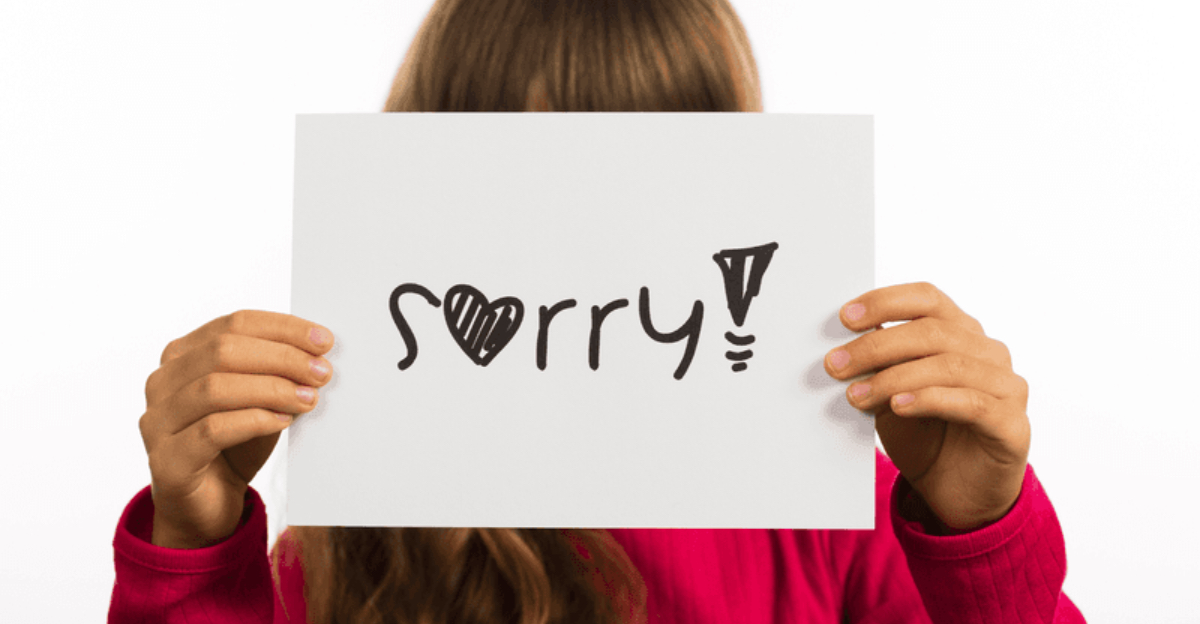20 Sincere Ways to Say Sorry That Show You Truly Mean It
Saying “I’m sorry” isn’t always enough. Especially when trust has cracked or feelings have been bruised. Sometimes those two little words sound hollow, like you’re just checking a box instead of reaching into someone’s heart and holding what you hurt.
We’ve all been there—awkward, red-faced, and fumbling for the right thing to say after messing up big time. The truth is: a real apology is about more than just words. It’s about honesty, vulnerability, and showing you actually care about the person on the other side.
If you want to mend fences, clear the air, and show you’re genuinely sorry (not just trying to make things go away), you’ve got to do a little more. So if you’re ready to apologize—not just to end an argument, but to repair—here are 20 honest, heartfelt, deeply human ways to say “I’m sorry” that actually show you mean it.
1. I Was Wrong, and I Take Full Responsibility

Ever notice how owning up to a mistake feels like ripping off a Band-Aid? It stings, sure, but it’s also the bravest move in the apology playbook. Saying, “I was wrong, and I take full responsibility,” strips away all the noise and finger-pointing. It’s not about winning or saving face; it’s about meeting someone where they’re hurting.
Trust me, people can spot a half-hearted apology from a mile away. No “buts,” no excuses—just pure, unfiltered honesty. That’s exactly what melts those stubborn walls and makes someone finally lower their guard.
When you show up and admit your part without playing the blame game, you’re sending a loud, clear message: I value you more than my ego. That’s a rare gift, and it’s usually the first step toward healing something real.
2. I Hurt You, and I Never Want to Make You Feel That Way Again
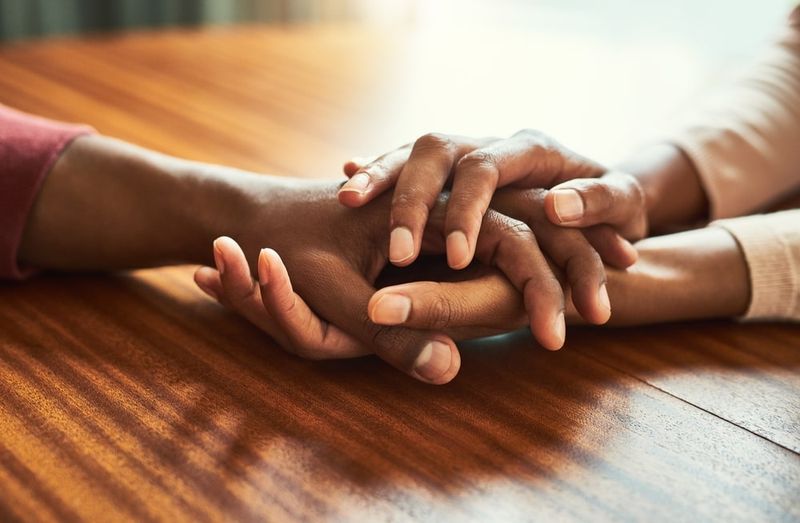
There are moments when you know you’ve crossed a line, and the guilt just won’t let you sleep. Saying, “I hurt you, and I never want to make you feel that way again,” is like shining a flashlight on the bruise you caused. No room for denial—just straight-up acknowledgment.
When you name the pain out loud, it shows you’re not pretending it didn’t happen. You see the hurt, and you’re not afraid to sit with it. That’s where the healing actually starts.
It can be awkward, a little raw, and maybe even scary to say. But this level of honesty is what sets a real apology apart from something forgettable. It’s a reminder: real relationships are about caring how your actions land on someone you love.
3. I Understand Why You’re Upset, and Your Feelings Are Valid

Everyone wants to feel seen, especially when emotions are running high. “I understand why you’re upset, and your feelings are valid,” is basically the emotional equivalent of a warm hug. It means you’re not brushing off their experience or acting like they’re being dramatic.
This isn’t just about saying sorry—it’s about letting the other person know their pain makes sense. Validation goes so much further than just an apology; it tells them you’re actually tuned in.
You don’t have to agree with every single feeling to acknowledge them. The magic is in making space for their perspective, not rushing to defend your own. Sometimes, being understood is the one thing that makes all the difference.
4. There’s No Excuse for What I Did, but I Want to Explain It—Not to Justify, but to Give You Clarity

Sometimes, people just want to know why. Not for excuses, but for clarity. “There’s no excuse for what I did, but I want to explain it—not to justify, but to give you clarity,” is about being transparent without dodging accountability.
Lay it out, ugly details and all. A real explanation isn’t about making yourself look better—it’s about answering the questions rattling around in their head. It’s choosing honesty over comfort.
When you offer this, you invite understanding, not forgiveness on demand. You’re saying, “Let’s face this together, even if it’s messy.” That kind of courage? It goes a long way toward rebuilding trust, one honest answer at a time.
5. I Messed Up. I’m Listening. Please Help Me Understand How I Can Repair This

Ever catch yourself rehearsing an apology in your head, only to forget to actually listen? “I messed up. I’m listening. Please help me understand how I can repair this,” flips the script. Instead of just dumping out your guilt, you’re taking time to learn what they need.
This is where an apology becomes a two-way street. You’re not just talking—you’re ready to hear the hard stuff, too. Sometimes, a sincere “what do you need from me now?” means everything.
Not everyone knows what will fix things, but asking proves you’re willing to try. And sometimes, just knowing someone’s ready to listen and learn is all the comfort you need to start moving forward.
6. I Didn’t Handle That Well. You Deserved Better from Me

Gritty truth: not every mistake is a disaster, but every mistake deserves recognition. “I didn’t handle that well. You deserved better from me,” is a humble way to show up when you know you’ve let someone down.
No drama, no soap opera—just honesty. It tells the other person you’re not afraid to admit when you’ve fallen short. That’s a big deal in a world where everyone’s trying to look perfect.
It’s the kind of apology that doesn’t need grand gestures. Just a quiet, genuine acknowledgment that your actions mattered, and that the other person’s feelings matter even more. Sometimes, a little humility is what makes things right.
7. I Let My Emotions Take Over, and I Regret How I Treated You

We’ve all had moments when our temper runs the show before our brain can catch up. “I let my emotions take over, and I regret how I treated you,” is like a deep breath after a storm. It’s the difference between justifying anger and owning it.
When you admit your feelings got the better of you, it’s a sign you’re reflecting, not just reacting. That’s the real growth moment. It shows you’re not stuck in your old patterns.
The next time things get heated, remember: admitting your regret doesn’t make you weak. It makes you real, and it shows you’re willing to do better. That’s what keeps relationships strong, even after the tough days.
8. I Love You, and I Hate That I Hurt You. That’s Not What Love Should Feel Like

Love is supposed to be a safe place, not a battleground for bruised feelings. “I love you, and I hate that I hurt you. That’s not what love should feel like,” pulls your apology right back to the heart of things. It’s honest, raw, and deeply personal.
When love gets tangled up with hurt, it matters to say it out loud. Naming the disconnect between your feelings and your actions makes room for real change. You can’t mend what you won’t admit.
Offering this kind of apology means you’re ready to show love with your words and your actions. That’s the kind of vulnerability that can actually put things back together.
9. What I Said Wasn’t Fair. I Spoke from a Place of Pain, and I Want to Do Better

Sometimes, words come out sharper than we mean. “What I said wasn’t fair. I spoke from a place of pain, and I want to do better,” is about taking a step back and acknowledging the real reason behind the outburst.
Admitting you lashed out because you were hurting doesn’t excuse the words, but it shows you’re willing to look deeper. That’s how habits change and conversations start to heal.
Everyone’s been on both sides of this situation. What matters is that you’re not hiding behind your pain, but choosing to learn from it. That’s where things start to shift for the better.
10. If I Were in Your Position, I’d Feel the Same Way

Empathy is a secret weapon when it comes to saying sorry. “If I were in your position, I’d feel the same way,” instantly shifts things from awkward blame to mutual understanding. Suddenly, it’s not ‘me vs. you’—it’s ‘we’re in this together.’
When you step into someone else’s shoes, even for a moment, it shows you care enough to see their world. That can turn tension into trust almost overnight.
This type of apology is especially powerful with close friends and family—the people who know you best. It’s proof that you’re not just saying sorry; you’re making an effort to truly connect and repair.
11. I Broke a Boundary, and I Respect Whatever You Need Now—even Space
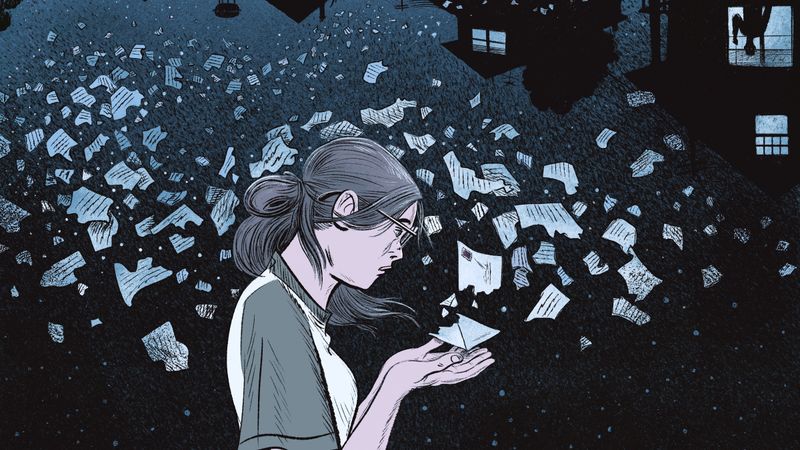
Apologizing doesn’t mean you get to decide how someone heals. “I broke a boundary, and I respect whatever you need now—even space,” is about putting the other person’s needs first, even if it stings a bit.
Sometimes you have to step back and let them take the lead. It’s hard, especially when you want to fix things right away. But true respect is honoring what they ask, not what’s easiest for you.
If forgiveness takes time, so be it. The best way to show you care is by respecting their boundaries, even when your heart is ready to jump back in. It’s a hard lesson, but a powerful one.
12. I’ve Been Reflecting, and I Realize How Deeply I Misunderstood You

Sometimes, the real damage comes from not listening closely enough. “I’ve been reflecting, and I realize how deeply I misunderstood you,” is a way of saying, ‘I’ve done my homework, and I’m ready to learn.’
It’s easy to rush past discomfort and slap on a quick apology, but reflection shows you cared enough to sit with the mess. That patience? It changes everything.
When you admit you missed the mark, it gives the other person a chance to feel truly heard and respected. That’s how miscommunication turns into connection, even after a misunderstanding.
13. You Didn’t Deserve That. No One Does

It’s easy to minimize someone’s pain, but real apologies never do. “You didn’t deserve that. No one does,” packs a punch because it’s about justice and empathy. Simple, strong, and impossible to argue with.
Telling someone they deserve better is sometimes all they need to hear to start healing. It’s especially powerful for anyone who’s been made to doubt themselves or feel small.
No big speeches, no drama—just a clear statement that says, ‘I see you, and you matter.’ That kind of validation can be surprisingly rare, but it’s a lifeline when someone needs it most.
14. I’ve Started Making Changes, Not Just Promises

Actions speak way louder than a fancy apology. “I’ve started making changes, not just promises,” flips the script from words to proof. It’s showing up, again and again, to do better.
Nobody trusts a repeat offender, no matter how sweet the sorry. Making even tiny changes shows you’re serious about not hurting them the same way twice.
This is the moment when your apology starts to have real weight. When people see you putting in the work, it’s easier for them to believe you mean it. Talk is easy—change is what actually sticks.
15. I’m Sorry I Made You Question Your Worth. That Was Never My Intention, and I Hate That It Happened
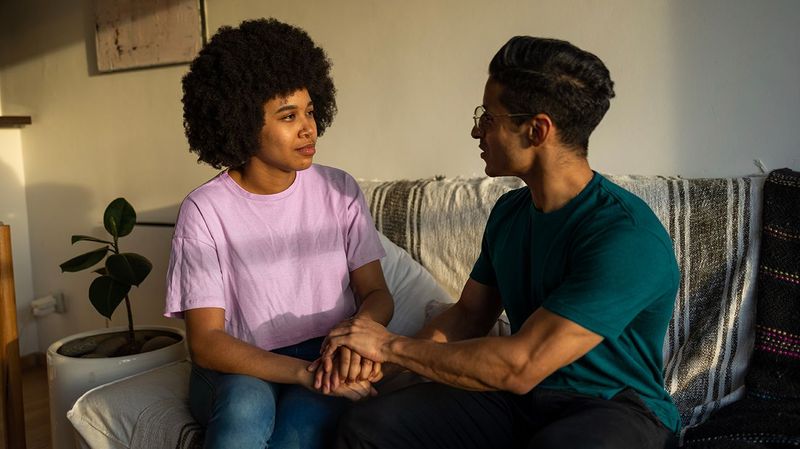
There’s a special kind of hurt that comes from feeling small because of someone else’s mistake. “I’m sorry I made you question your worth. That was never my intention, and I hate that it happened,” is a way to call that out and take responsibility.
This apology is all about rebuilding confidence—yours and theirs. You’re not just saying sorry; you’re seeing them for who they are and hoping they do, too.
When you name the damage out loud, it starts to lose its grip. Sometimes, that’s exactly what someone needs to finally start believing in themselves again.
16. You Matter More to Me Than My Ego, and I Needed to Say This

Pride is loud, but caring enough to say, “You matter more to me than my ego, and I needed to say this,” is even louder. Admitting you let your ego run wild takes guts, but it’s worth it every time.
This apology is for those moments when you realize being right isn’t as important as being kind. It’s about choosing connection over being on top.
Letting someone know they’re a priority is the fastest way to rebuild a shaky bridge. Sometimes, love isn’t about having the last word—it’s about having the first honest one.
17. There Are No Perfect Words, but Please Know I’m Working Every Day to Be Better—for You, and for Me

Some situations just leave you speechless. “There are no perfect words, but please know I’m working every day to be better—for you, and for me,” is about letting someone see the process, not just the finished product.
Growth is messy, and apologies can be, too. What matters is showing you’re not just sorry—you’re putting in real effort, even when nobody’s watching.
This apology is gentle, honest, and quietly hopeful. Letting someone know you’re in it for the long haul can be more healing than any big speech. Progress, not perfection, is the name of the game.
18. I Realize This Apology Is Just a First Step. I’m Committed to Rebuilding What I Broke
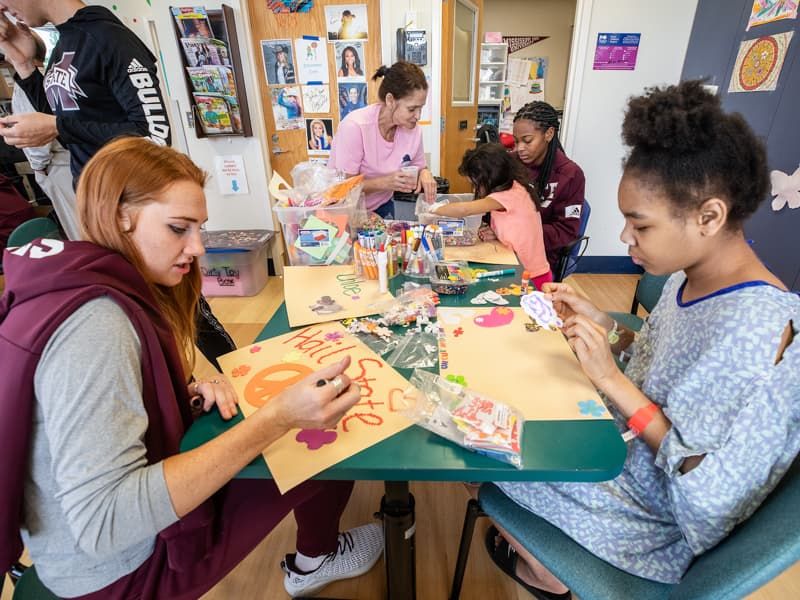
Saying sorry is easy, but sticking around for the hard stuff is what counts. “I realize this apology is just a first step. I’m committed to rebuilding what I broke,” means you’re ready to do the work.
Repairing trust takes more than a single chat—it’s a series of tiny brave acts. It might feel overwhelming, but showing up day after day is what makes the difference.
This is the apology that holds weight long after the words are said. It’s about action, consistency, and being willing to prove yourself—one careful step at a time.
19. I’d Rather Lose the Argument Than Lose Your Trust

Arguments can feel like a sport until you realize what’s really at stake. “I’d rather lose the argument than lose your trust,” is the moment you stop keeping score and start valuing the relationship.
Choosing trust over winning is a powerful move. It’s a reminder that being right isn’t the prize—connection is.
Letting go of the need to “win” is a game-changer, especially with people you love. This apology is all about putting your heart on the table, not your debate skills. That’s how trust gets built, and kept.
20. I’m Not Just Sorry—I’m Grateful You Cared Enough to Tell Me the Truth

Sometimes, the hardest thing isn’t hearing the truth—it’s finding someone brave enough to tell it to you. “I’m not just sorry—I’m grateful you cared enough to tell me the truth,” is a thank you wrapped in an apology.
It takes guts to call someone out, and even more to accept it without getting defensive. This is where real growth happens, for both people involved.
Showing gratitude for that honesty keeps the door open for more honest conversations. It’s a win-win: you get better, and the relationship gets stronger. That’s something worth celebrating.

